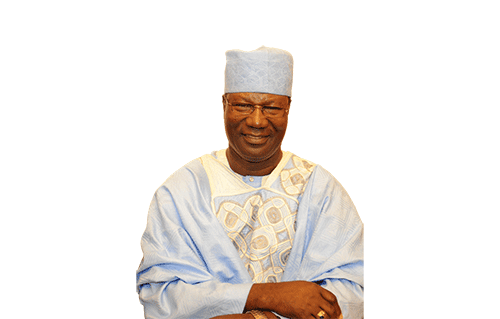Global environmental changes, such as impacts of climate change, stratospheric ozone depletion, loss of biodiversity, change in hydrological processes and supply of fresh water, land degradation, over-use of natural resources, as well as environmental and health issues, are critically linked to issues of poverty and the sustainability of ecosystems – and consequently, issues of resource security and political stability significantly affects human health and well-being.
Governments are recognising that natural resources are not inexhaustible and that the environment can no longer provide a reliable base for development if we continue to operate in a ‘business-as-usual’ mode.
Driven by society’s concerns for its own future, the role of science is evolving towards greater societal accountability and relevance. Policy is increasingly called upon to use knowledge based on scientific analyses and to take action to mitigate, regulate and adapt to global environmental change.
Global environment change (GEC) science is at the forefront of the current evolution of science because it is asked to provide predictions on the rate, shape and extent of GEC, support to decisions on mitigation options and guidance for adaptation to GEC. Science, including GEC science, although responsive to policy, should be ahead of and guide society’s demands and should not be driven only by public agendas.
It is critical to construct the dialogue between science, policy and society to provide educated and effective responses to GEC. An analysis and understanding of the science-policy interface is needed to guide this process.
Cities, especially those with substantial poor populations, will face increasingly severe challenges in tackling the impacts of global environmental change. As economic dynamos and increasingly important population concentrations, cities contribute substantially and are often vulnerable to the impacts of GEC. This applies strongly in Africa, one of the world’s poorest regions.
The inability of even a relatively wealthy and well protected city such as New Orleans in the United State America to withstand Hurricane Katrina has helped focus attention on the vulnerability of cities that are less protected.
Coastal cities and towns from Dakar (used as a case study) via Lagos, Cape Town, Maputo and Mombasa to Djibouti, contain many low-lying areas, often accommodating concentrations of poor residents, strategic infrastructure and economic production.
However, different combinations of challenges will affect many inland urban centres. Tackling GEC successfully will require more than enhanced disaster preparedness. Action to address unsustainable aspects of everyday life, and current corporate and institutional activity will be necessary.
There can be no simple or universal strategy to reduce urban footprints. Local conditions (biophysical, structural, socioeconomic and cultural) produce specific constraints and opportunities in each context.
The major challenge of global environmental change in Namibia is desertification. Desertification is manifested by localised reduction of plant biomass, plant productivity and/or plant diversity to human activities. Overgrazing by stock, deforestation and overexploitation of water resources all contribute.
The Inter-American Institute for Global Change Research (IAI) is an intergovernmental organisation in the Americas, dedicated to GEC research and its socioeconomic applications. The IAI fosters research beyond the scope of national programmes to increase the scientific capacity of the region, and inform and advise policy.
Effective policy response to GEC requires the integration of political with scientific and technical considerations. Legitimacy of GEC policies is founded on the need to harmonise development with the capacity of life-support systems to care present and future societies’ needs.
Therefore, legitimacy is founded on understanding and knowledge, and making decisions becomes a continuous learning process closely linked to science. Early engagement of scientists and policy- makers, from the initial framing of the research questions, promotes this learning process by building trust in both the science and policy process.
Global environment change science transformation towards greater societal and policy relevance does not happen in a linear or planned process. Much of the current transformation takes place randomly as scientists and research institutions react to changes in science funding, societal attitudes and policies.
Credibility, practicability, usefulness, accessibility and acceptability are the main attributes of research that go beyond conventional measures of scientific quality, and to determine societal and policy relevance of global environment change science.
Attitudes and timing must change if rapid global change is to be addressed through an effective combination of scientific knowledge, public concern and political will.


